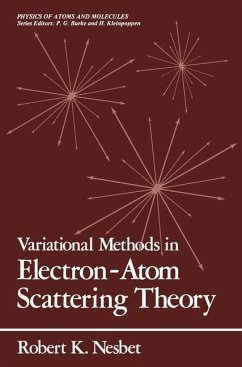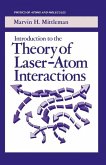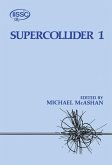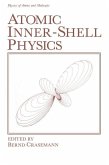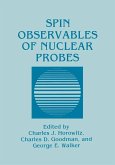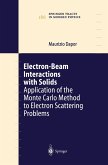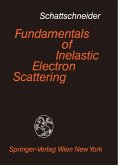The investigation of scattering phenomena is a major theme of modern physics. A scattered particle provides a dynamical probe of the target system. The practical problem of interest here is the scattering of a low energy electron by an N-electron atom. It has been difficult in this area of study to achieve theoretical results that are even qualitatively correct, yet quantitative accuracy is often needed as an adjunct to experiment. The present book describes a quantitative theoretical method, or class of methods, that has been applied effectively to this problem. Quantum mechanical theory relevant to the scattering of an electron by an N-electron atom, which may gain or lose energy in the process, is summarized in Chapter 1. The variational theory itself is presented in Chapter 2, both as currently used and in forms that may facilitate future applications. The theory of multichannel resonance and threshold effects, which provide a rich structure to observed electron-atom scattering data, is presented in Chapter 3. Practical details of the computational implementation of the variational theory are given in Chapter 4. Chapters 5 and 6 summarize recent appli cations of the variational theory to problems of experimental interest, with many examples of the successful interpretation of complex structural fea tures observed in scattering experiments, and of the quantitative prediction of details of electron-atom scattering phenomena.
Bitte wählen Sie Ihr Anliegen aus.
Rechnungen
Retourenschein anfordern
Bestellstatus
Storno

